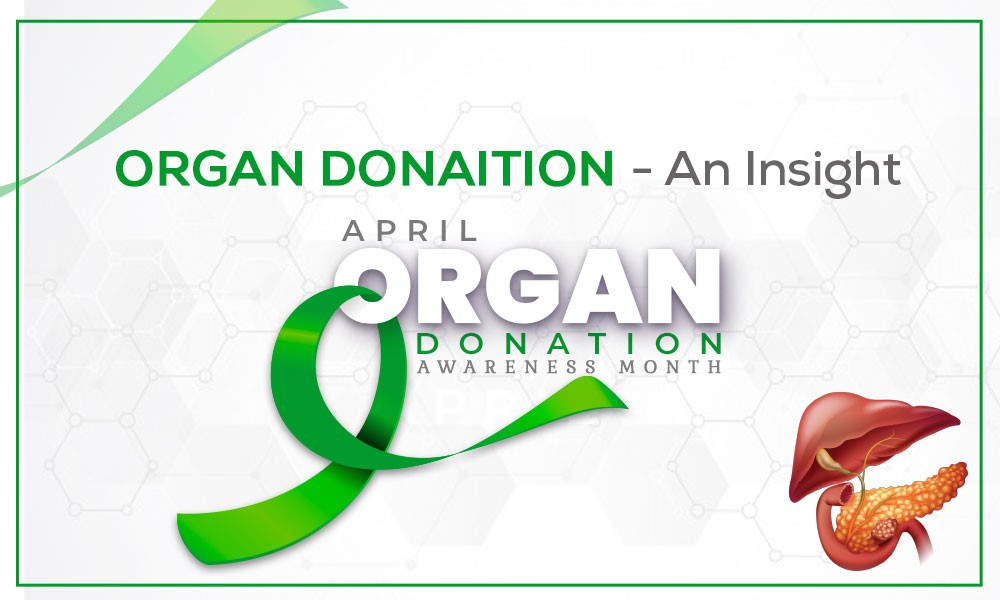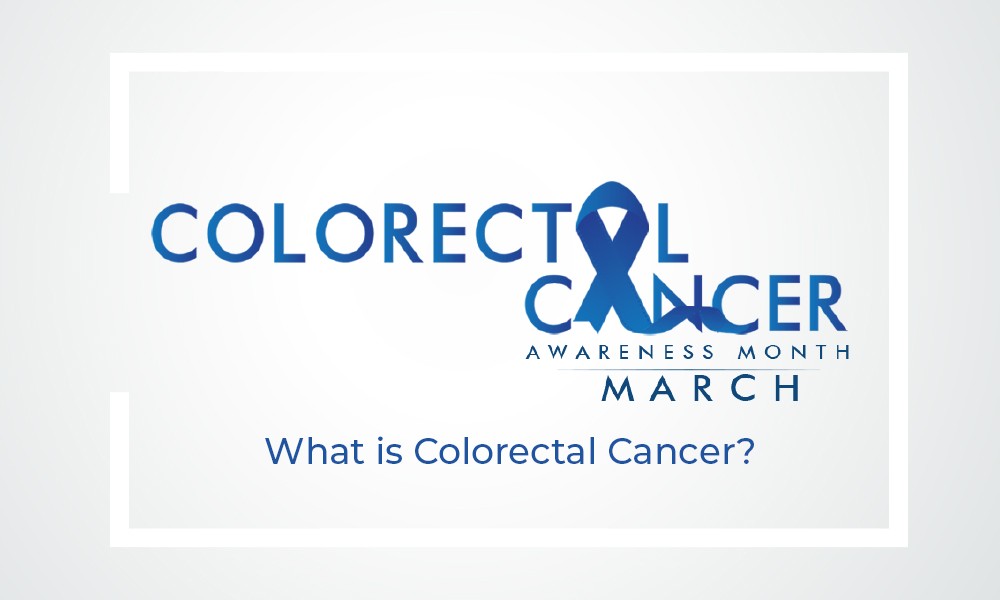The month of April is celebrated as organ donation awareness month. Have you ever wondered how can you leave an impact after your death? Is there a way to keep living after your departure? The answer is yes, you can. By donating your organs after death, your heart may keep on singing in someone else’s chest. Your lungs may keep on spreading life in someone else’s body.
Organ donation is one of the most sacred things you can do. This gives you the power to be the source of hope and second life for a dying person. The process of removing organs from the body is done very carefully while maintaining the dignity of the body. After death, this karma will keep on benefiting you.
First of all, what is organ transplantation?
Organ transplantation means the removal of an organ from one body and its placement in another body. When any organ is damaged beyond repair it is transplanted by getting the donor organ and the person who receives it is called the recipient.
The most commonly transplanted organs are the heart, liver, pancreas, and intestine. Apart from organ, tissue transplantation is also common. Corneal transplant in case of trauma or diseased cornea, skin transplantation in burn patients is a daily practice in many settings.
Why people are reluctant to donate organs?
Social Causes
Many myths attached to organ donation. People think that government owns the donated organs. Their organs are used for research purposes in labs without their consent. That’s not true at all. Government has no authority over donated organs. Organ donation for research is another process. The donor gives written consent, allowing the concerned person to perform experiments on donated organs.
Religious Reasons
Many people think that their religion prohibits the donation of organs. It confirmed that every religion gives the message of peace and hope. Organ donation is not against religious practices. It can help save many lives. One person can be a source of a second life for almost seven patients with end-state damage to their organs.
Cosmetic Reasons
People fear that undergoing surgery for organ donation will leave them all covered with grotesque scars. The truth is that these operations are done with extreme dignity and by highly skilled surgeons. The scars are barely visible and if the donor wants plastic surgery, it can make them disappear like if they weren’t there at first.
What is organ donation after death?
When a person dies, the organs stay alive for about 30 minutes. They can be preserved for further use. In case of brain death, as a result of serious injury, the brain dies but the heart keeps on beating. After putting the patient on a ventilator, the family could be asked about the organ donation.
Conclusion
Organ donation a long-lasting and priceless gift you can give to anyone. People from different ethnicities and races need to come forward and donate because it enhances the chances of successful transplantation. In case of differences in genetics, transplant failure occurs. Deceased organ donation can easily fulfill the need and can cut off the need for living donations.





